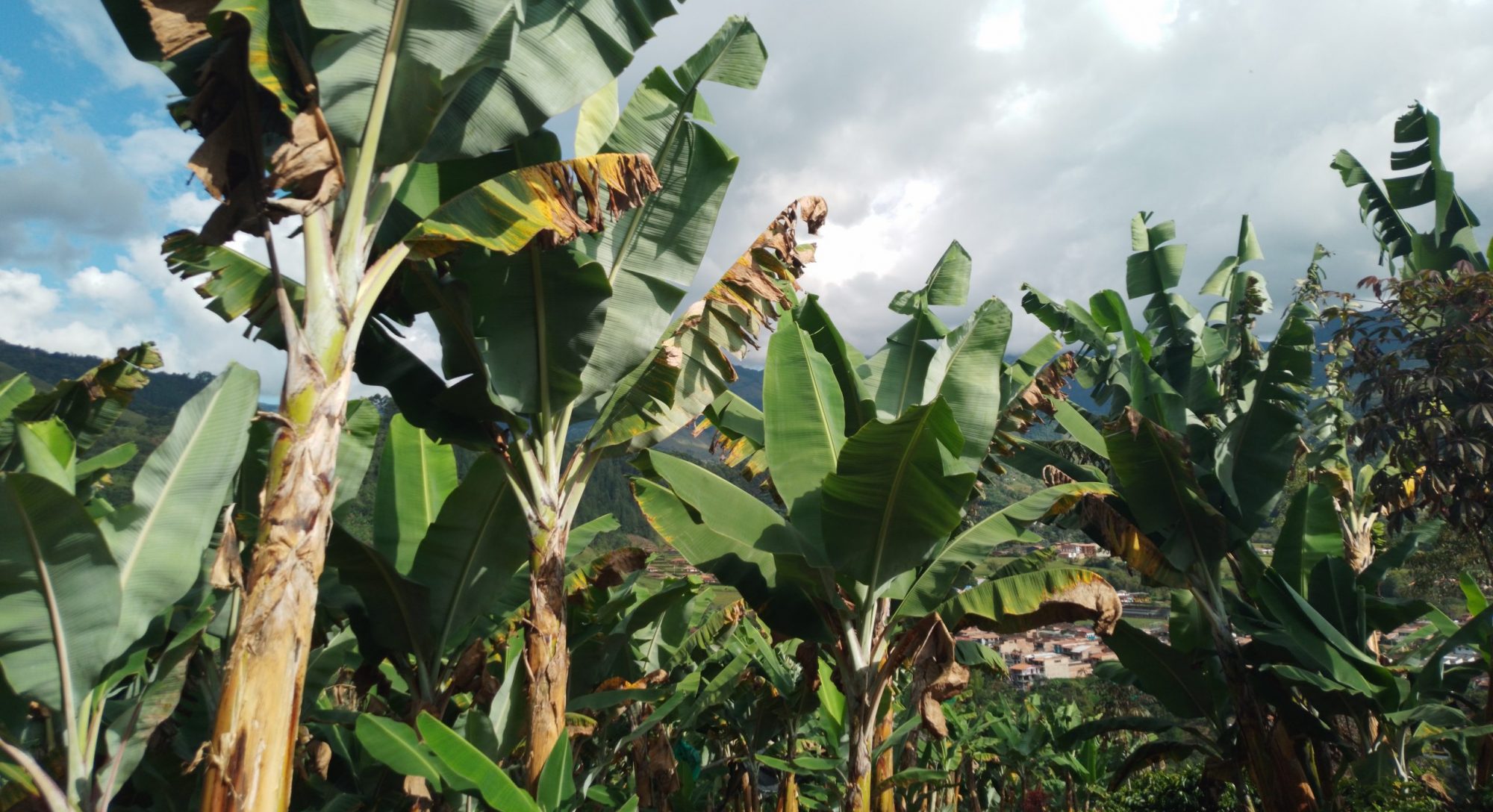Call for Papers ‘Family geographies, care and relationality’ paper session. Young People, Borders & Well-Being, 4th International Conference on Geographies of Children, Young People and Families, San Diego, California, January 12-15, 2015
Session organisers: Ruth Evans, Sophie Bowlby and Sally Lloyd-Evans (University of Reading)
Session theme:
Despite recent interest in relational geographies of age (Hopkins and Pain, 2007) and intergenerationality (Vanderbeck, 2007), research often focuses predominantly on children or youth without paying adequate attention to the complex gendered, age-based, inter- and intra-generational power dynamics that characterise young people’s family lives and connections to others. Analysis of caringscapes and time-space practices of care within family settings bring to the fore questions of relationality. Research suggests that young people’s caring responsibilities in the context of family illness, disability or death and often in low-income households, may have both positive and negative impacts on their wellbeing (Robson, 2004; Evans and Becker, 2009) and may influence young people’s boundary crossings (Valentine, 2003). For example, care may prevent, enable or reconfigure socially expected lifecourse transitions, such as completing education, migrating for work, initiation rites, engaging in intimate relationships, marriage, childbirth and providing for relatives (Punch, 2002; Evans, 2012; 2014). The care provided by other family members – such as by a young person’s parent or sibling to their parent or friends, or the care provided by friends, relatives or professionals to a parent, sibling or other relative – may also impact on young people’s lifecourse transitions and mobilities.
In this session, we hope to explore the informal and formal caring practices and relations that shape young people’s family lives and reflect on the powerful, often emotive discourses associated with ‘family’ in different cultural and policy contexts. We are interested in papers that address a diversity of caring practices and family relations in the global North and South. Care may be undertaken by children, parents or other family members, non-kin significant others or professionals, may be manifested through ‘proximate’ or ‘distant’ caring relations in transnational households, and may focus on care of the living, dead or dying or non-human agents and materialities. We hope that the session will make a significant contribution to the emerging field of family geographies.
Please send your title and abstract of a maximum of 250 words by 1st September 2014 to Ruth Evans (r.evans@reading.ac.uk).



